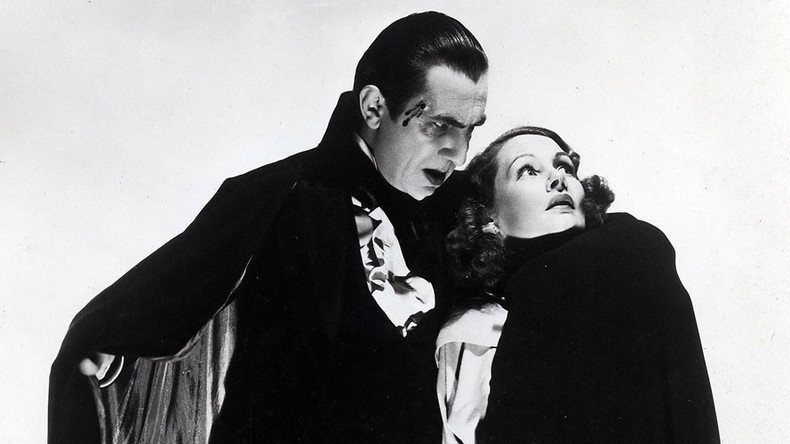Vampires not a total myth & science can prove it, study finds

The blood-curdling myth behind vampires may have some truth to it, according to a new study. A rare blood disease is believed to have led sufferers into a Dracula-style lifestyle in ancient times.
Erythropoietic protoporphyria (EPP), a genetic condition causing people's skin to become sensitive to light, may have been treated in the past by drinking animal blood and a nocturnal lifestyle, according to the study, published in the Proceedings of the National Academy of Sciences.
“People with EPP are chronically anemic, which makes them feel very tired and look very pale with increased photosensitivity because they can’t come out in the daylight,” Barry Paw from the Dana-Farber/Boston Children’s Cancer and Blood Disorders Center said in a statement.
Vampire bats developing taste for human blood – studyhttps://t.co/QTSSkaUObypic.twitter.com/1AOEj0IsgY
— RT (@RT_com) January 13, 2017
“Even on a cloudy day, there’s enough ultraviolet light to cause blistering and disfigurement of the exposed body parts, ears and nose,” he said.
In modern times staying indoors during the day and receiving blood transfusions are used to treat the condition.
The study delved into the mechanism protoporphin IX, an organic compound produced by EPP in the blood system. When exposed to light, protoporphin IX produces chemicals that damage surrounding cells. Even a small amount of light passing through a window can be enough to trigger swelling, burning and redness in the skin.
Paw, who admitted “vampires aren’t real,” called for innovative therapies for those with EPP, saying that further studies could allow for the faulty gene to be corrected in those affected.
VIDEO: 'Chupacabra' vampire found dead in Paraguay https://t.co/IXGquU8hHdpic.twitter.com/qbIwX1095g
— RT (@RT_com) October 29, 2015












